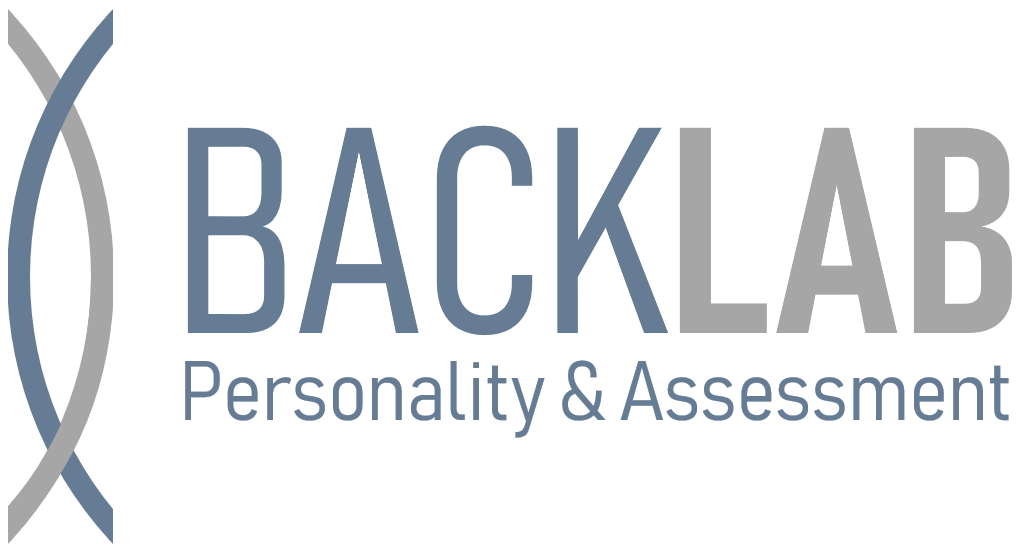Research Interests
I am interested in the expression and perception of individual differences within interpersonal situations.
Be it in simulated settings (e.g., during a high-stakes assessment center) or in real-life contexts (e.g., over the course of a work day), individuals will vary in how they behave and express themselves. Such expressed individual differences are typically observed by others (e.g., professional assessors; colleagues; friends) and integrated into their perceptions (e.g., this person seems competent). These perceptions can have far-reaching consequences in both leisure (e.g., this person would make a good friend) and work settings (e.g., this person will receive a job offer)
In my studies I focus on the kind and overarching structure of behavioral expression, the dynamic relations between expressed behaviors and situational demands, the integration of behaviors (and other available information) into evaluations, and the overall validity and accuracy of resulting interpersonal judgments.
Insights into these processes provide a nuanced understanding of 1) how people are and 2) how people are perceived. They form the core of my research topics and practical applications. These include:
- The conceptualization, assessment, and development of social skills / social competencies
- The dynamic expression and assessment of personality in real-life contexts
- The accuracy of personality judgments
- The understanding and validation of different selection procedures that aim to measure individual differences in high-stakes settings
- Assessment Center
- Multiple-Mini Interviews
- Multiple Speed Assessments
- Situational Judgment Tests
- Résumés / CVs
One of my main projects deals with the selection and development of future physicians. Here, my team and I developed a new selection procedure that builds on recent research findings and aims to specifically assess candidates’ distinct social skills. This procedure has been piloted at multiple German universities and is currently (in an adapted form) used for the Landarztauswahl in NRW. For more information on this please see: stav – Studierendenauswahlverbund:
Assessing and Developing Social Skills
PhD project: 2016-2020:
Assessing Social Skills:
The Behavioral Expression and Interpersonal Perception of Individual Differences in High-Stakes Settings
Within my PhD project I investigated the behavioral assessment of social skills in high-stakes settings. Previous research had repeatedly shown the difficulty of assessing distinguishable social skills, resulting in undifferentiated and inconsistent social skill ratings. To shed further light on this phenomenon and ultimately enhance social skill assessment, I focused on interpersonal behaviors that characterized individual differences in social skills. Specifically, I integrated various insights from behavioral personality science with selection research and analyzed behavioral expression and interpersonal perception processes across three studies. Study 1 investigated the structure of social skill ratings in an existing Assessment Center (AC) for the selection of medical students. The results once again showed typical problems with the assessment of social skills, including that the structure underlying AC ratings did not align with the proposed structure of desired skills. Study 2 took a closer look at three selected exercises within this AC, focusing on the expression and perception of interpersonal behaviors. The results indicated that the behavioral structure of the AC exercises was represented by four broad behavioral constructs: agency, communion, interpersonal resilience, and intellectual competence. These constructs were consistently expressed across exercises and were related to AC performance ratings. Study 3 built on these findings and aimed to improve current assessment practice. The selection of which social skills to include was based on the behavioral factors identified within Study 2 and exercises were specifically created to evoke differences in the targeted skills. The results highlighted that the application of such a behavioral focused approach made the assessment of distinguishable social skills indeed possible. Overall, the present work sheds new light on our understanding and assessment of social skills, thereby contributing to both further research and practical applications.

